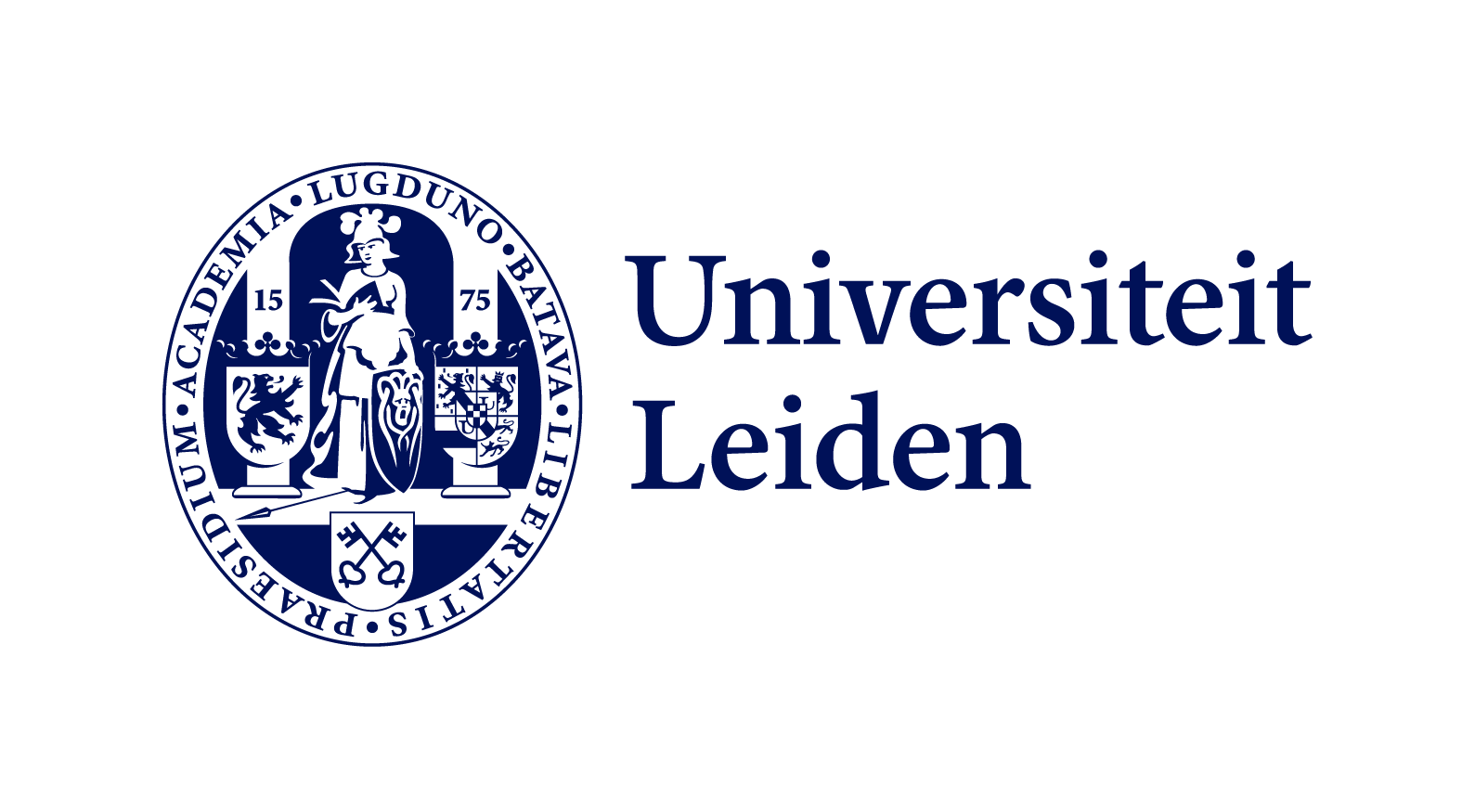De strafbaarstelling van mensenhandel ontrafeld: een analyse en heroriëntatie in het licht van rechtsbelangen
Abstract
The article criminalising human trafficking, Section 273f of the Penal Code, is complex. Legal practitioners struggle with its interpretation; the literature calls the provision a “monstrosity”. What is going on with the criminalisation of human trafficking? What is its scope and what influence has the Supreme Court exerted on it in recent years? This study explores the background to the criminalisation of human trafficking. Not only by conducting in-depth legal-historical research, but also by shedding theoretical light on the various human trafficking behaviours piece by piece and analysing case law. Using the legal theory concept of legal interests, it is exposed that the criminalisation of human trafficking serves very different goals. This gives food for thought on how the provision is currently designed and functions. This research leads to the conclusion that the current state of affairs clashes with important principles of the democratic rule of law, such as the notion of legal certainty and the doctrine of the separation of powers (trias politica). The undesirability of this gives cause to rethink criminalisation. For criminal legislators, there is work to be done.
